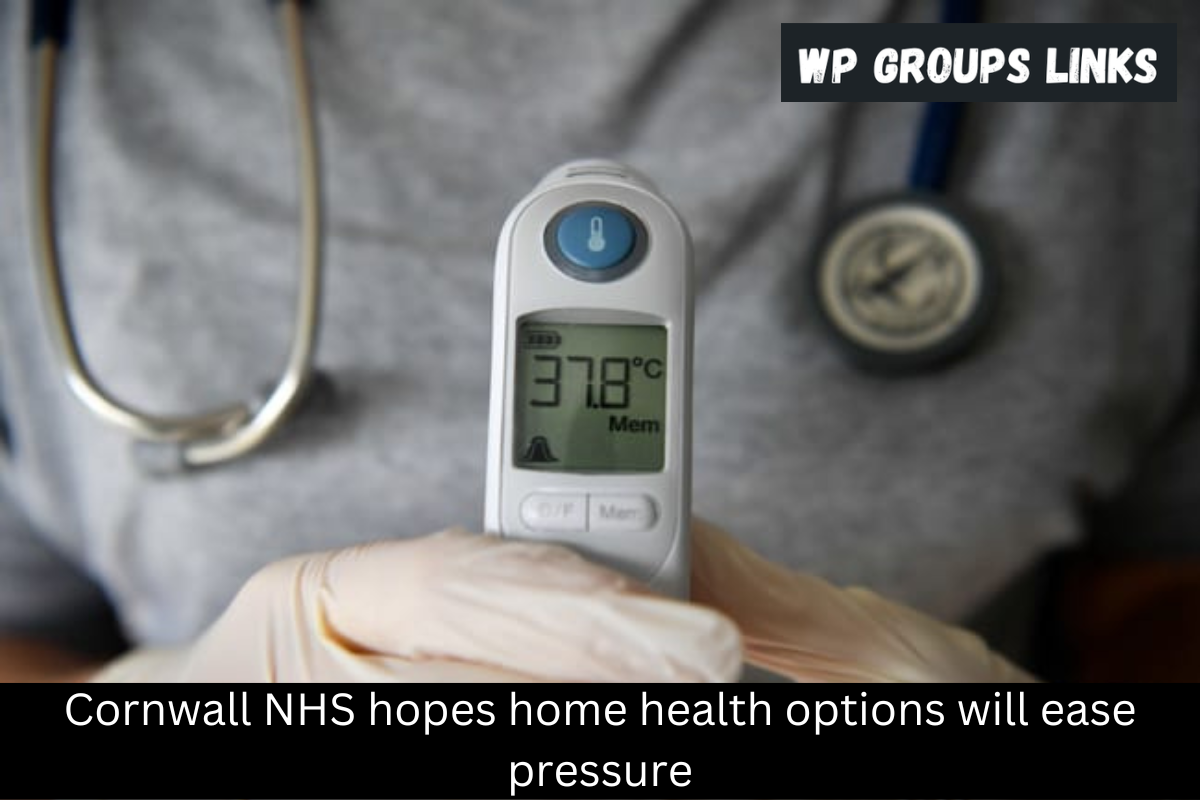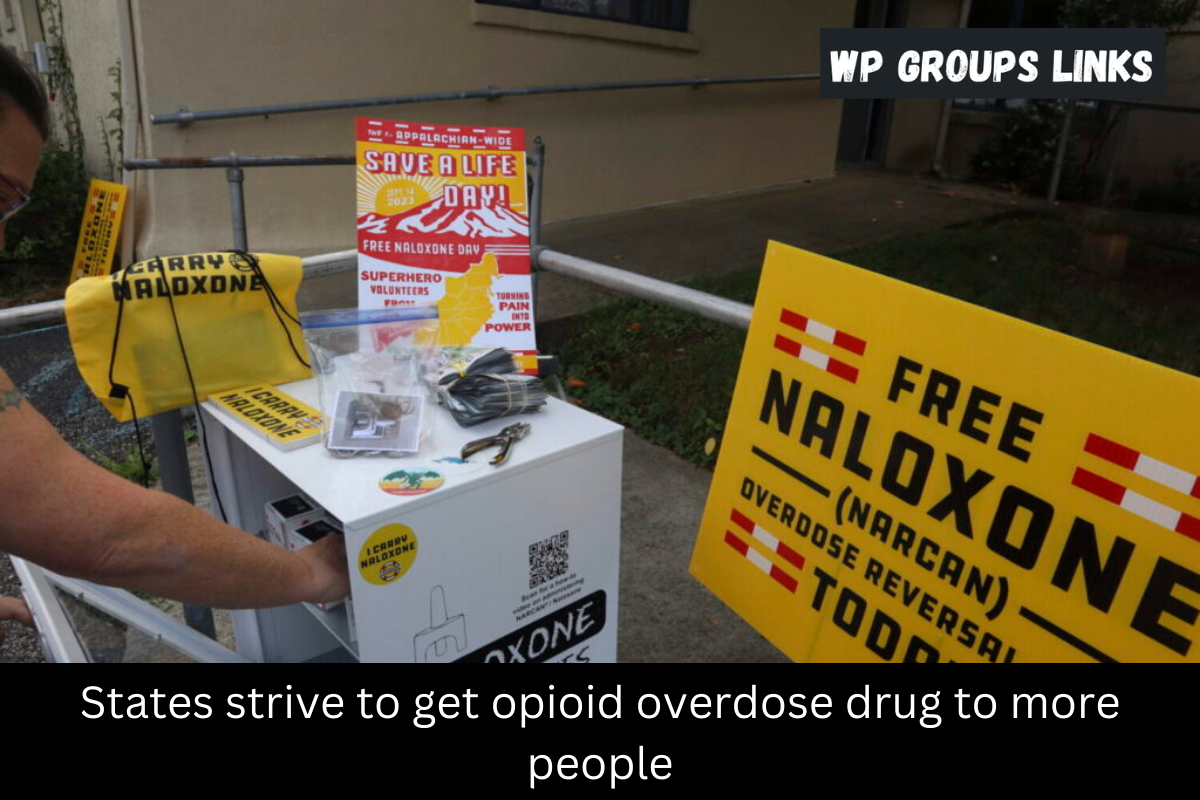Cornwall NHS
The Cornwall NHS faces unprecedented challenges in providing healthcare services to its residents. With increasing pressures on resources and healthcare professionals, there is a growing need for innovative solutions. One promising avenue is the exploration of home health options.
Current Healthcare Pressures in Cornwall
Cornwall NHS is grappling with overwhelming demands, leading to stretched resources and exhausted healthcare professionals. The need for a sustainable and effective solution is evident, prompting a reevaluation of the traditional healthcare model.
The Need for Innovative Solutions
In this era of rapid change, healthcare systems must adapt. Innovative solutions are not just desirable but essential to ensure the well-being of the community. Cornwall NHS recognizes the urgency of finding alternatives that can alleviate the strain on its services.
Home Health Options: An Overview
Home health options offer a departure from conventional healthcare by bringing medical services directly to the homes of patients. This approach aims to provide personalized care in a familiar environment, potentially reducing the burden on hospitals and clinics.
Benefits of Home Health Options
The advantages of home-based healthcare are manifold. Patients experience greater comfort, reduced exposure to infections, and increased autonomy. Additionally, the shift to home health can contribute significantly to easing the pressure on Cornwall NHS, allowing it to allocate resources more efficiently.
Technology Integration in Home Health
A key enabler of home health options is technology. Remote monitoring, telemedicine, and digital health solutions play a pivotal role in ensuring effective communication between patients and healthcare providers. Cornwall NHS can leverage these technologies to enhance the quality of care delivered in home settings.
Community Engagement
Implementing home health options requires active community engagement. Cornwall NHS can collaborate with local communities to tailor solutions that address specific needs. This not only fosters a sense of collective responsibility but also ensures the success and sustainability of home health initiatives.
Collaboration with Local Services
By forging partnerships with local services, Cornwall NHS can enhance the reach and impact of home health programs. Leveraging existing community resources and support networks can create a more comprehensive and integrated approach to healthcare delivery.
Training and Education
A successful transition to home health options necessitates training healthcare professionals in the nuances of providing care outside traditional settings. Educational programs and continuous training can equip the workforce with the skills required for effective home-based care.
Challenges and Solutions
While the implementation of home health options comes with challenges, such as regulatory hurdles and infrastructure requirements, proactive solutions can address these issues. Cornwall NHS must anticipate potential obstacles and develop strategies to overcome them.
Case Studies
Examining successful home health programs from other regions provides valuable insights for Cornwall NHS. Case studies showcase the positive impact of home health options, demonstrating their feasibility and effectiveness in diverse healthcare settings.
Patient Testimonials
Real stories from patients who have benefited from home health options offer a human perspective on the impact of this innovative approach. These testimonials can inspire confidence in the community and encourage others to explore home-based care.
Future Prospects
The potential for the growth and expansion of home health options in Cornwall is vast. As technology continues to advance and communities become more involved, the long-term benefits could reshape the healthcare landscape, providing a sustainable solution for the future.
Public Perception and Awareness
Public perception and awareness play a pivotal role in the successful implementation of home health options within the Cornwall NHS. It is not merely about introducing a new approach to healthcare; it’s about ensuring that the community understands, accepts, and actively engages with the concept. In this section, we delve into the significance of public perception, the challenges in shaping it positively, and strategies to enhance awareness.
The Significance of Public Perception
Public perception can make or break any healthcare initiative. It influences how individuals view the quality, accessibility, and effectiveness of healthcare services. For Cornwall NHS to transition successfully to home health options, cultivating a positive public perception is paramount. When the community trusts and embraces these alternatives, the likelihood of success increases significantly.
Challenges in Shaping Positive Perception
Shaping public perception is not without its challenges. Misinformation, preconceived notions, and fear of the unknown can hinder acceptance. Some may be skeptical about the efficacy of home health options, questioning whether the quality of care can match that of traditional healthcare settings. Overcoming these challenges requires a targeted and multifaceted approach.
Addressing Misinformation
Misinformation can spread rapidly, impacting public opinion. Cornwall NHS must proactively address any misconceptions about home health options through transparent communication. Providing accurate information about the benefits and safety measures can dispel doubts and build trust.
Changing Traditional Mindsets
Individuals often have ingrained beliefs about healthcare that may resist change. Cornwall NHS needs to communicate effectively, emphasizing how home health options align with evolving healthcare needs. Highlighting the personalized and patient-centric nature of home-based care can challenge traditional mindsets.
Alleviating Safety Concerns
Safety concerns are a common barrier to acceptance. Assuring the public about the rigorous safety measures in place for home health options is crucial. Emphasizing the use of advanced technologies for remote monitoring and immediate assistance can address these concerns effectively.
Strategies to Enhance Awareness
Enhancing awareness is a multifaceted process that involves targeted communication, community engagement, and education. Cornwall NHS can adopt several strategies to ensure the community is well-informed and supportive of the transition to home health options.
Community Workshops and Seminars
Organizing workshops and seminars that provide in-depth information about home health options can be highly effective. These events create a platform for direct interaction, allowing healthcare professionals to address concerns, answer questions, and build rapport with the community.
Digital and Traditional Media Campaigns
A well-executed media campaign can reach a broad audience. Combining digital platforms, such as social media and online articles, with traditional avenues like newspapers and radio can ensure that the message reaches diverse demographics. Engaging visuals, success stories, and expert testimonials can be powerful tools in these campaigns.
Partnerships with Community Leaders and Influencers
Collaborating with local community leaders and influencers can amplify the reach of awareness initiatives. Individuals who hold sway in the community can serve as trusted messengers, endorsing the benefits of home health options and encouraging their followers to explore these alternatives.
Educational Materials in Multiple Languages
Cornwall is a diverse community with residents from various linguistic backgrounds. Providing educational materials in multiple languages ensures that everyone can access and understand the information. This inclusivity fosters a sense of belonging and encourages diverse communities to participate in the dialogue around home health options.
Feedback Mechanisms and Continuous Communication
Establishing feedback mechanisms allows the community to voice concerns and suggestions. Cornwall NHS should actively listen to feedback, address concerns promptly, and communicate changes transparently. This iterative process builds trust and demonstrates a commitment to meeting the community’s needs.



